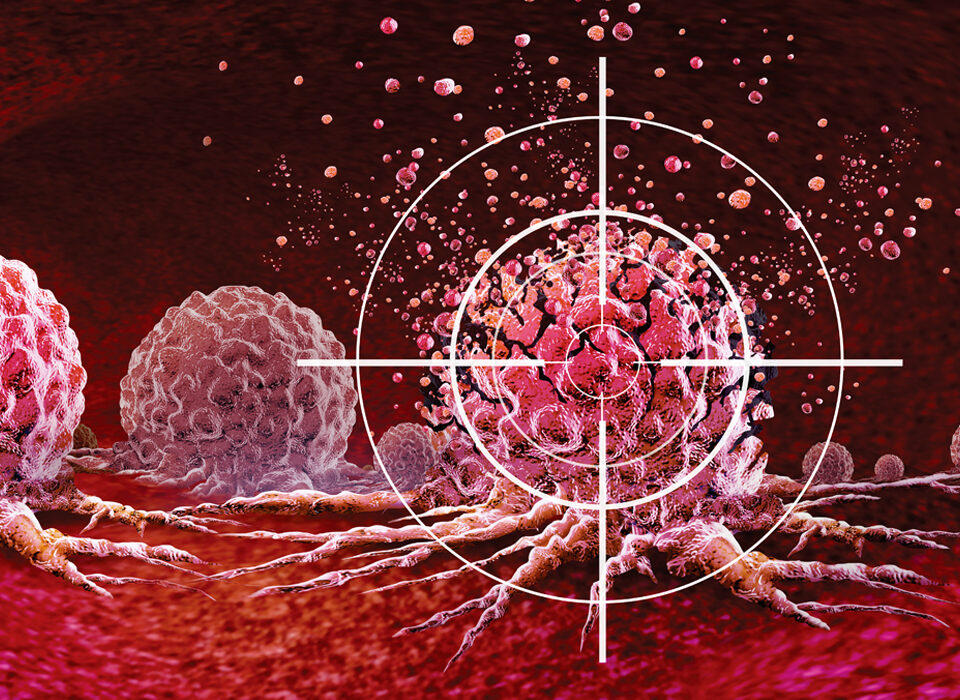

COURTESY GRAPHIC
The prostate is part of the male reproductive system. It is a gland that produces a fluid in semen that nourishes and transports sperm. It also contracts and forces semen through the penis during orgasm.
The prostate sits below the bladder and in front of the rectum. The urethra, the tube that carries urine and semen out of the body through the penis, runs through the middle of the prostate, so the gland also plays a role in urine control in men.
Prostate cancer begins when cells in the gland grow out of control and form tumors that destroy healthy tissue. If diagnosed early, the disease is very treatable. However, prostate cancer develops slowly, and there may be no symptoms in its early stages.
Often, symptoms become noticeable when the prostate has grown large and begins to affect function. Sometimes, the cancer has started to spread by the time it is diagnosed.
Common symptoms of prostate cancer include a frequent need to urinate, especially at night; difficulty beginning or maintaining a urine stream; painful urination; blood in the urine or semen; painful ejaculation; difficulty achieving or maintaining an erection; and unexplained weight loss.
When surgery, chemotherapy and traditional radiation therapy fail to contain the cancer, patients are often referred to Ashok Muthukrishnan, MD, MS, founder of Florida Theranostics Cancer Center.
Theranostics uses one radioactive molecule for diagnosis and therapy of specific cancers, and one of its most promising applications is radioligand therapy.
Targeted Therapy
“Radioligand therapy is a powerful new form of radiation therapy that is specifically targeted to certain receptors on the surface of cancer cells,” Dr. Muthukrishnan details. “It has two main components, a radioisotope and a cell-targeting compound called a ligand. Together these components deliver radiation to the cancer.”
A radioisotope is an unstable form of a chemical element that releases radiation when it breaks down, which can allow it to achieve a stable state.
“Currently, there are two FDA-approved radioligand therapies, one for prostate cancer and one for neuroendocrine cancer,” Dr. Muthukrishnan reports. “During radioligand therapy, a radioisotope is delivered directly into the cells of the tumor. A good analogy is dropping a mini nuclear bomb into the cancer cell.
-Dr. Muthukrishnan, MD, MS
“Because it’s so targeted, this treatment damages only the tumor while sparing the adjacent healthy tissues.”
For prostate cancer, the radioactive medication targets PSMA, or prostate-specific membrane antigens. PSMA are proteins found on the surface of prostate cells. With prostate cancer, the cells have a higher-than-normal amount of these proteins and are known as PSMA positive. The concentration of PSMA is relevant to locating the cancer and pinpointing where a radioactive drug can treat it.
Compassionate Use
Florida Theranostics Cancer Center recently began offering another radioligand therapy for metastatic prostate cancer, or prostate cancer that has spread to other areas of the body.
This therapy uses an investigational medication called lutetium-177 PNT 2002. Clinical trials studying this medication have been completed, and the trial data have been submitted to the FDA for approval, which is expected soon.
In the meantime, Dr. Muthukrishnan has been granted permission to use lutetium-177 PNT 2002 for patients with metastatic prostate cancer ahead of its approval through a “compassionate use,” or “expanded access” authorization from the FDA.
A compassionate use authorization provides a pathway for people with serious or life-threatening conditions to gain access to investigational therapies when no comparable therapies are available. The FDA closely monitors therapies permitted by this authorization.
“Lutetium-177 PNT 2002 is still considered a research drug because it has not been officially approved,” the doctor expounds. “But it has been used in Europe and elsewhere for a long time, and it has proven to be very efficacious.
“Lutetium-177 is the radioactive component of the drug, and it is attached to another molecule called PNT 2002. This molecule targets the PSMA receptors on the cancer cells and drags the radioactive lutetium-177 with it into the cancer cells, which are then destroyed.”
Before Dr. Muthukrishnan begins treating a patient with lutetium-177 PNT 2002, he must be sure that the cancer cells are expressing the PSMA receptors for the medication to be effective.
“We determine that by performing a PET (positron emission tomography) scan for the cancer we’re targeting,” the doctor describes. “For prostate cancer, it’s called a PSMA PET scan. The scan helps us determine the extent of the patient’s prostate cancer and how far it has spread within the body. We then target those areas with the treatment.”
Ordering a PSMA PET scan is the standard of care for PSMA-positive metastatic prostate cancer. The patient’s oncologist typically orders the imaging test before receiving a referral to Florida Theranostics Cancer Center. However, Dr. Muthukrishnan plans to expand his practice in the coming months to include the imaging component so care will be seamless.
“Whatever we see on the PSMA PET scan is what we target with the lutetium-177 PNT 2002,” the doctor observes. “The medication is delivered in a four-cycle treatment given by IV infusion at eight-week intervals. That’s the research protocol used in the phase 3 clinical trials.”
Phase 3 trials are the final stage of research studies that are designed to determine whether a drug or treatment is more effective than the current standard of treatment for a disease or condition.
Ensuring Community Access
For the most part, radioligand therapies are used for advanced cancers. Most patients have undergone surgery, chemotherapy, external beam radiation therapy, hormonal therapy and other treatments that have failed, Dr. Muthukrishnan asserts. They are then referred to Florida Theranostics Cancer Center for radioligand therapy.
“But there’s significant data from completed and ongoing clinical trials that support using radioligand therapies earlier in the process, not just as a last-ditch treatment,” the doctor notes. “The data show that it improves patient outcomes if used before chemotherapy in prostate and neuroendocrine cancers, which is an approach I’m studying.”
Studies such as these are most often conducted at large academic research centers. But Dr. Muthukrishnan is making these advanced therapies, including lutetium-177 PNT 2002, accessible to oncology groups within the local community. That’s been his vision from the start.
“Prior to coming to Florida, I spent 20 years working for a major academic practice in Pittsburgh,” says Dr. Muthukrishnan, who is recognized as a pioneer in radioligand therapy and theranostics. “I moved to Florida last year, and I’m now bringing the expertise of that academic research center to the community level to provide lifesaving therapies to cancer patients in South Florida.
“That’s why I established Florida Theranostics Cancer Center, to provide these advanced molecular therapies to people in the West Palm Beach-Jupiter area.
“I do this because it’s my passion, and it’s what I’ve been doing for many years in a university setting. My aim is to help the people in our community by ensuring access to the latest advancements in molecular cancer care.”








Leave a Reply